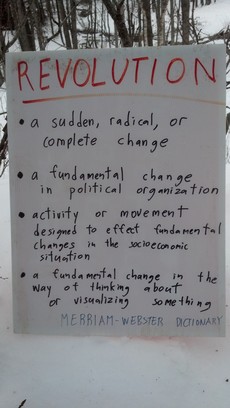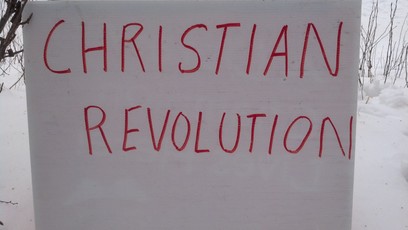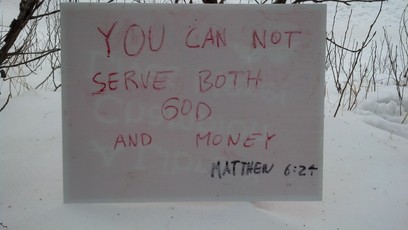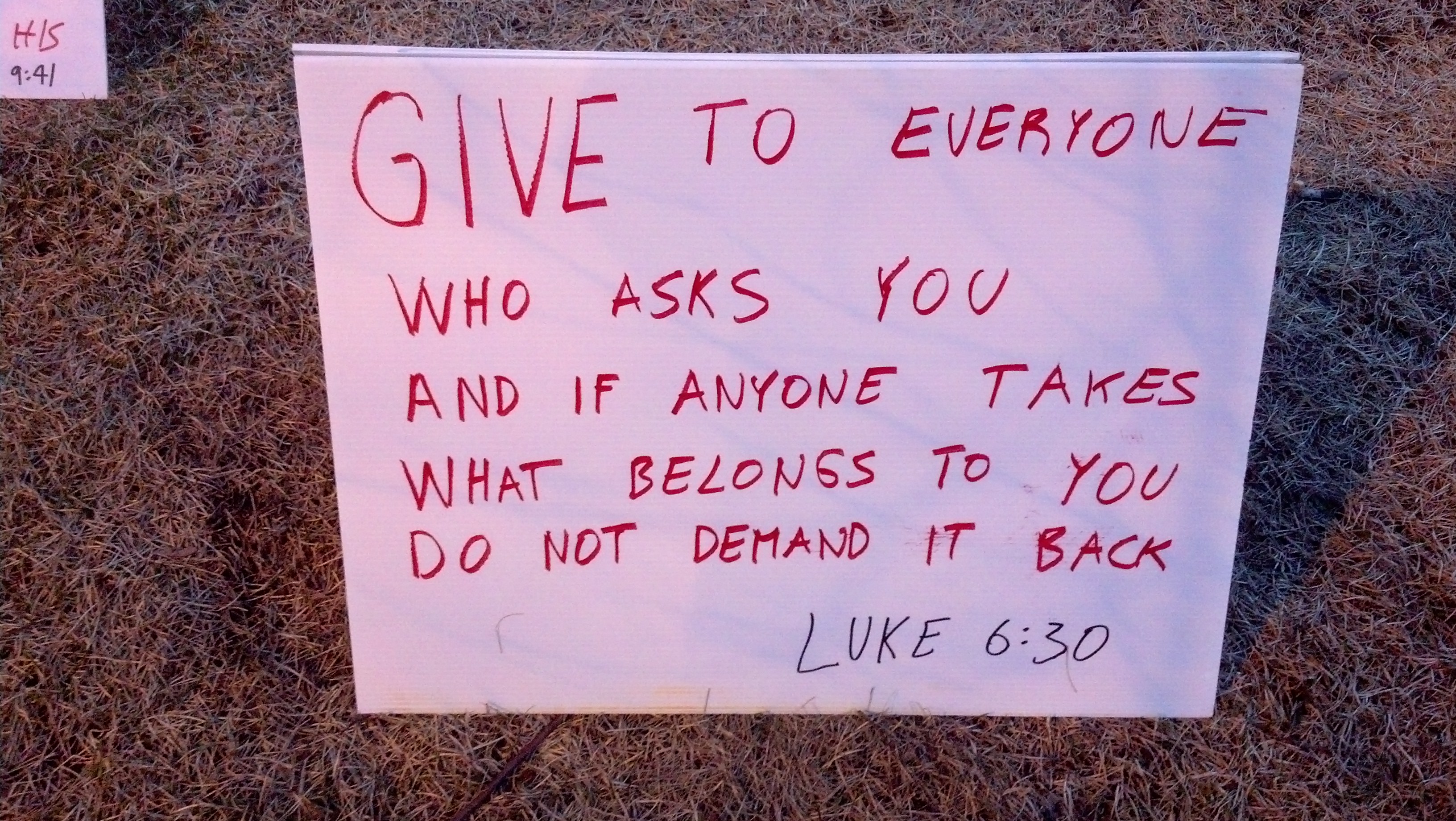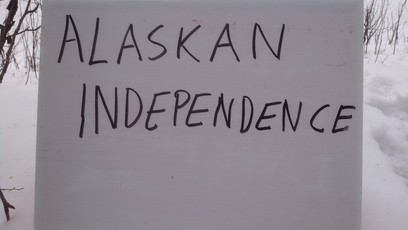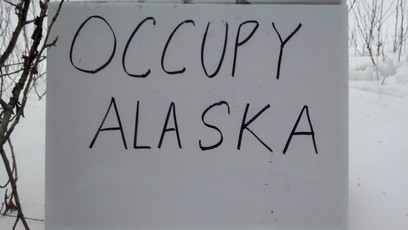I write from the perspective of a teacher, one who has taught principally adults, sometimes adolescents, and never children. I write from this perspective while remaining aware that the ultimate responsibility for the education of children lies with their parents, aware also of the passions aroused in parents whenever issues of child rearing are discussed.
I will note only in passing those unfortunate and, unfortunately, too common, occurrences when parents dispute and disagree, perhaps even to the point of divorce. Family, teachers, schools and courts are then placed into the unwanted but unavoidable position of arbitrating between father and mother to determine what is best for their children. Instead, for this essay, I will limit myself to those happy cases where the parents agree on the educational course of their children, and further agree that a Christian education is desired.
It does not follow that the students must be Christians.
Especially in primary and secondary school, the parent, not the student, is likely the driving force behind the enrollment. Furthermore, adolescents are transitioning to adulthood, and not only may be asking philosophical questions about the existence and nature of God, but are also making more assertive and independent behavioral choices.
…Always be prepared to give an answer to everyone who asks you to give the reason for the hope that you have…
1 Peter 3:15
So the Christian teacher, as St. Peter advises disciples in general, should be prepared to give answers to questions of faith, in addition to whatever the lesson plan happens to be for the day.
Granted, then, that the teacher is a Christian with a personal relationship with God and a personal testimony that is compatible with the parent’s expectations, how then, to prepare students in a Christian school? What, first and foremost, is the goal?
Jesus came to them and spoke to them, saying, “All authority has been given to me in heaven and on earth. Go, and make disciples of all nations, baptizing them in the name of the Father and of the Son and of the Holy Spirit, teaching them to observe all things that I commanded you. Behold, I am with you always, even to the end of the age.”
Matthew 28:18-20
Thus, the ideal teacher is not only a Christian, but a disciple, because it is for discipleship that we seek to prepare our youth.
A disciple may not be a professional teacher. A disciple could only be a professional teacher if called predominately to that vocation by God, and none of the great historical disciples were. Neither Moses, nor David, neither Peter nor Paul, not Benedict, not Francis… none of them were professional teachers. Perhaps Martin Luther came as close to a teaching vocation as any great Christian disciple, but I still argue that Luther’s role as a theology professor at Wittenberg was secondary to his greater calling in life.
So, the ideal Christian teacher is a disciple first, and a teacher second. One could argue that the ideal Christian teacher would be both, but that would relegate everyone on the previous paragraph’s list, from Moses to Francis, to secondary status. Perhaps we could use them as subs.
I do not claim that there are no disciples called to serve as professional teachers. I merely point out that many are not, and because our primary goal is to train the youth as disciples, a disciple, even if not a professional teacher, is preferable to someone who has been teaching calculus for twenty years but has no real sense of being guided by the Holy Spirit. I further contend that your “average” Christian disciple (whatever that may be) will have a greater calling in life than simply teaching mathematics.
So, the ideal Christian teacher is a disciple in the strongest possible sense, possesses a mastery of the subject material being taught, is capable of teaching both discipleship and the subject at hand, and whose views on questions of morals and dogma are compatible with those of the parents, who bear the ultimate responsibility for the upbringing of their children.
Adolescents, “vacillating between infancy and youth” (Octavio Paz), are fully capable of leaving home, getting a job, or just living homeless on the streets. Yet their parents continue to support them, provide them with shelter and nourishment, arrange for their continuing education, and the adolescents generally accept this arrangement. Why? Life, in its brutality and its beauty, in its love and its violence, in its glorious success and its crushing failure, is, for them, yet something that mostly passes by on the television screen.
“I’m dropping you off in downtown L.A. with no money and just the clothes you’re wearing, son. If you need food or shelter, pray to God. He provided for Haggar in the desert.” (Genesis 21)
For better or for worse, few parents are prepared to make this offer and few adolescents are prepared to accept it. Perhaps it’s better, after all, for the adolescent to wait a few more years, perhaps until their early twenties, before deciding whether to take Jesus up on his offer to sell all of your worldly possessions, give your money to the poor, and become a disciple of Christ (Luke 12).
In the mean time, those of us who have made that choice wish to present it as what it is: the most important decision of any human being’s life. We do not wish to neglect discussing it, nor do we wish to sugar coat its consequences. Neither silence nor spin is acceptable. Of what do we wish to inform adolescents?
A ground study of the Bible is essential. Those of us raised on the stories of Abraham and Moses, of Ezekiel and Elijah, of Jesus and Peter might tend to take this for granted. Everyone knows the Bible stories, right? Well, not everyone, at least not until the stories are told, and without a sense of where you’ve come from, how can you develop a sense of where you are?
Some knowledge of post-Biblical Christian history is important, too. It’s been two thousand years since the last of the scriptural texts were written, and a lot has transpired here on planet Earth. While nothing should supplant the teachings of the Messiah as authoritative truth, young Christians should know something of how the church has evolved over the centuries, of Benedict and Francis, of Martin Luther and of Mother Teresa. The schisms of those years must be mentioned too, at least so as to understand the Aryan controversy or the Church of Later Day Saints.
These topics can be handled, perhaps are best handled, in the context of Sunday School or religion classes. Yet it seems counter productive to present spirituality as a specialized discipline, something as unexpected from the history teacher as a lecture on photosynthesis. That would present Christianity as a career choice, rather than as a life choice. So for practical guidance on how to live a Christian life, as well as creating a school environment where Christian virtue is displayed, the entire faculty should be Christians, and Holy Spirit should move in their lives.
To achieve this, perhaps it’s best to regard Christian education as a ministry, and the Christian school as a mission. From this perspective, the students are junior disciples in a Christian community, a community that should take time to pray and worship together, to seek God’s will, both individually and collectively, as well as developing private prayer, personal discernment, and spiritual guidance. Worship services, fellowship, prayer retreats, mission trips and evangelism seem not only to be good ideas, but essential components. Ideally, a Christian school should be but one ministry within a fully developed Christian community, so that the students may witness and learn from fully developed and functional discipleship.
Discipleship. Mission. Community. An overriding sense that God must be in charge. These are the guiding concepts of Christian education, just as they guide Christian life.
